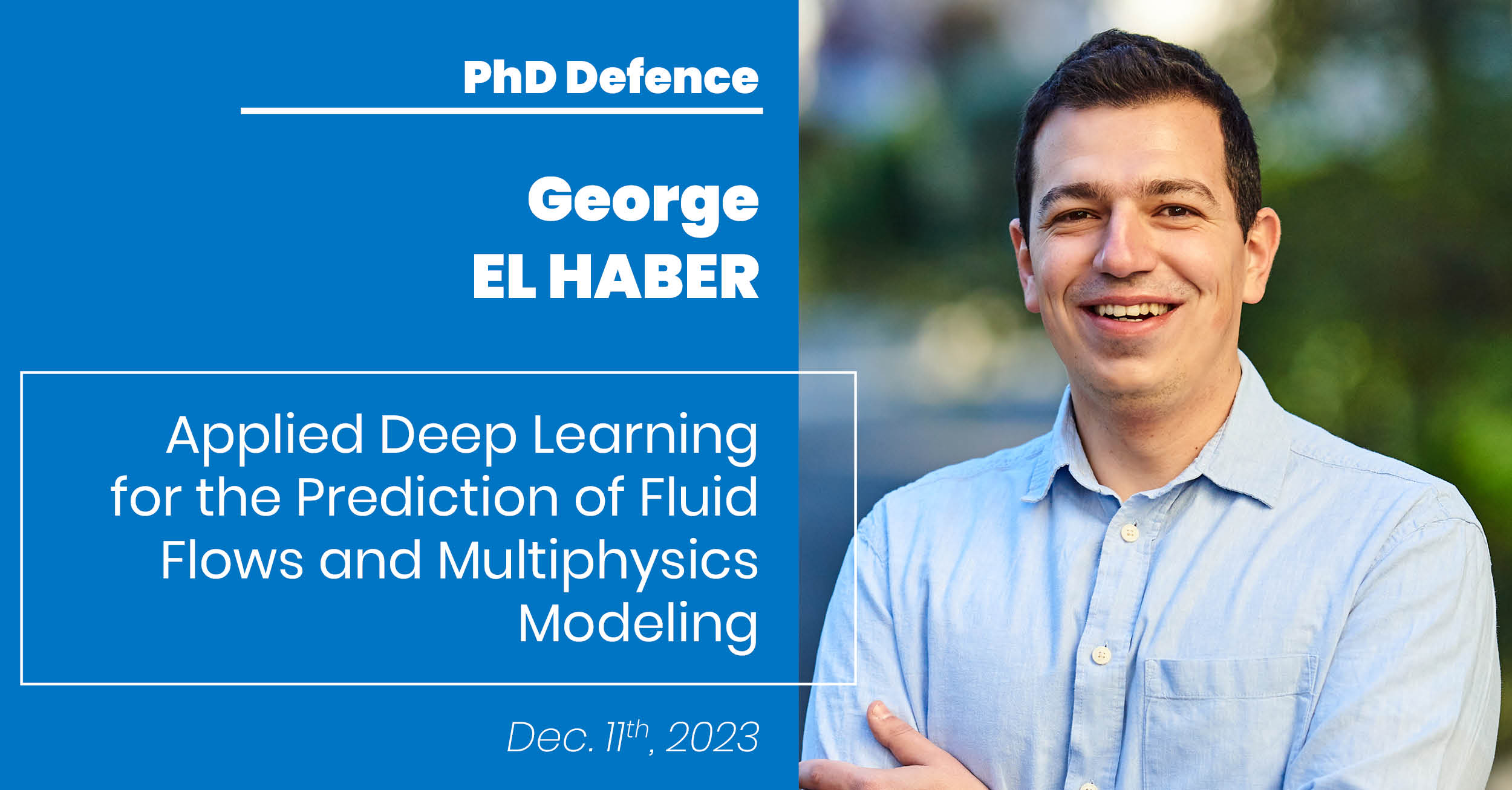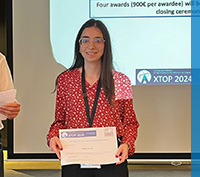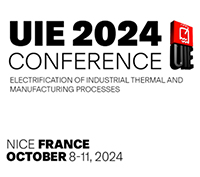PhD defence of George El Haber
George El Haber will defend his PhD in Computational Mathematics, High Performance Computing and Data on Dec. 11, 23.
Applied Deep Learning for the Prediction of Fluid Flows and Multiphysics Modeling

George El Haber conducted his PhD work in the CFL team under the supervision of Elie Hachem and Aurélien Larcher and of David Ryckelynck, from the Centre des Matériaux Mines Paris – PSL. He will defend his PhD in Computational Mathematics, High Performance Computing and Data, on Dec. 11th, 23 in front of the following jury:
- M. Chady GHNATIOS, Arts et Métiers Institute of Technology
- M. Vincent MOUREAU, CNRS CORIA
- M. Gianluigi ROZZA, International School for Advanced Studies
- M. Aurélien LARCHER, Mines Paris – PSL – CEMEF – UMR CNRS 7635
- M. David RYCKELYNCK, Mines Paris – PSL – Centre des Matériaux- UMR CNRS 7633
- M. Elie HACHEM, Mines Paris – PSL – CEMEF – UMR CNRS 7635
- M. José ALVES, Transvalor SA
- M. Jonathan VIQUERAT, Mines Paris – PSL – CEMEF – UMR CNRS 7635
Abstract:
The availability of accurate and efficient numerical tools for simulating various fluid flow phenomena has become of great importance across a multitude of industries. However, simulating multiphysics problems requires resolving an extensive system of governing equations incorporating the Navier-Stokes flow equations coupled with other partial differential equations. Such a task is resource-demanding and requires considerable computational time.
Recently, coupling deep learning techniques with numerical simulation tools has dominated the research landscape and returned promising results in various domains.
This thesis is dedicated to further exploring the potential resulting from the convergence of these two disciplines, particularly in the context of reducing computational costs of multiphysics CFD simulations.
Thus, in the first part, an auto-encoder convolutional neural network is incorporated into the solution framework of a multiphysics problem concerning the forced convective cooling of a workpiece. The model is trained to predict the temperature field to escape resolving the scalar transport equation using the traditional finite element methods. Although the model parameters were calibrated using a relatively limited amount of data, it was able to generalize accurately for different cooling setups with different inlet locations, not seen during the training process, and provide adequate speedup to the resolution process.
In the second part, the previous coupling framework is upgraded to tackle a two-fluid flow problem with an evolving interface. To maintain accuracy near the interface, a graph-based deep learning model that operates directly on the dynamically evolving unstructured irregular triangular mesh is suggested. This model is trained to predict the Navier-Stokes flow fields rather than the level-set scalar field to ensure attaining the most significant reduction in computational cost. All the ingredients that facilitated this coupling are highlighted, and the coupling framework accuracy is established on unseen simulation trajectories.
Finally, in the last part, the problem of dimensionality during the training of deep learning models is addressed. The roots of this problem are clearly highlighted, and the various methodologies for coping with it are detailed. Lastly, an assembly of techniques is suggested to tackle this problem without requiring any mutation to the model architecture. These techniques were further employed to train the deep learning model on the two-fluid flow problem and allowed for achieving a reduction in both the required memory footprint and the training time.
Keywords: Computational Fluid Dynamics, Finite Element Analysis, Convolutional Neural Networks, Multiphysics flows








